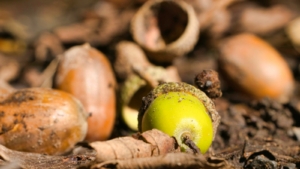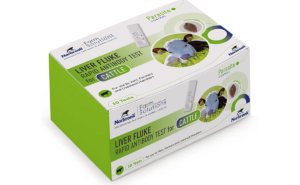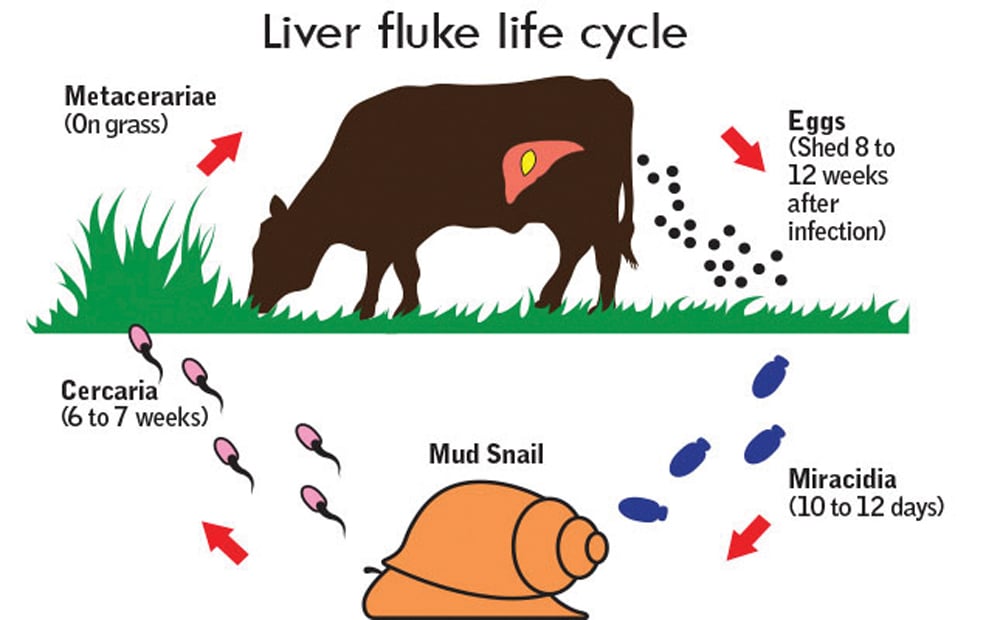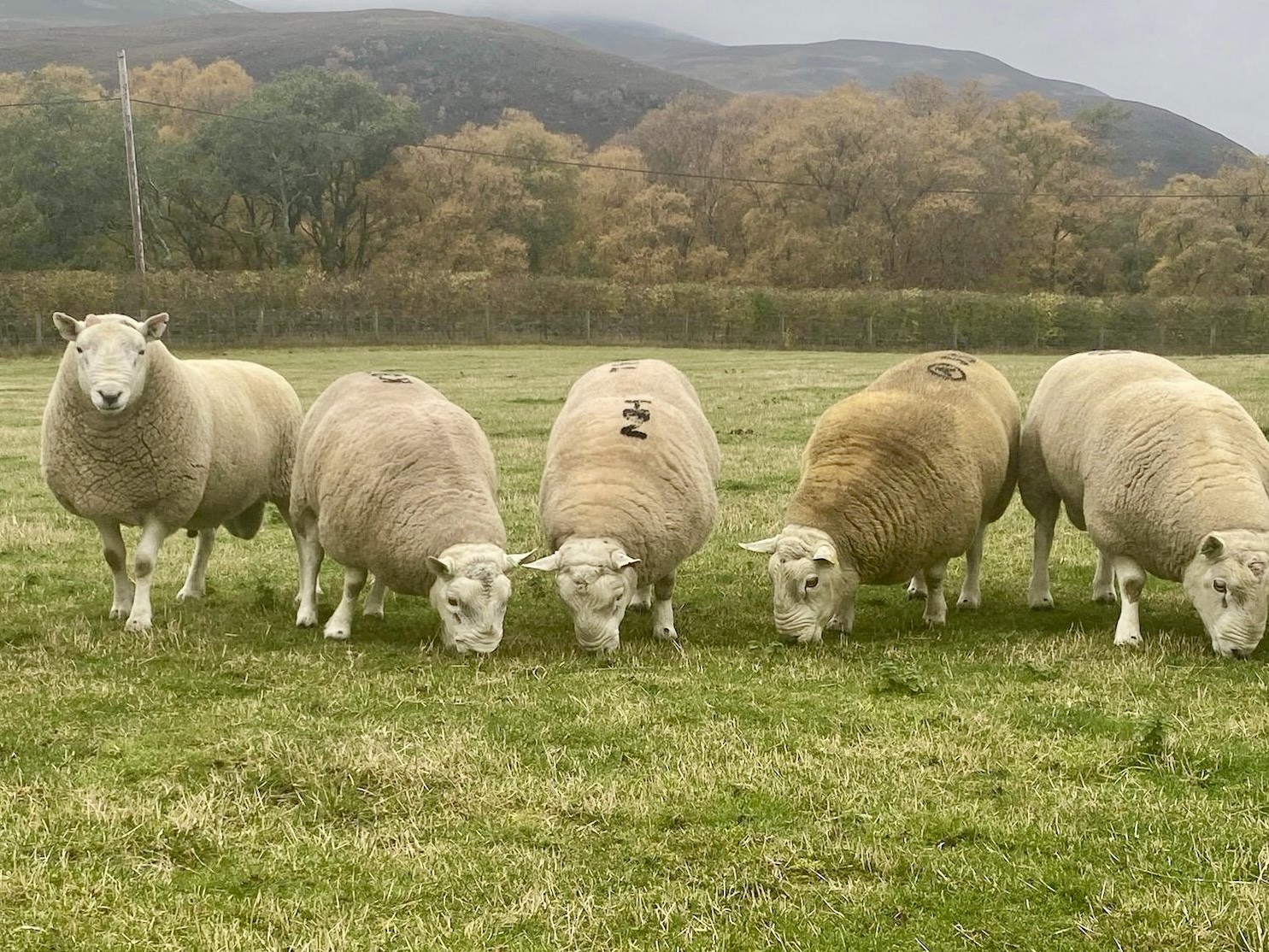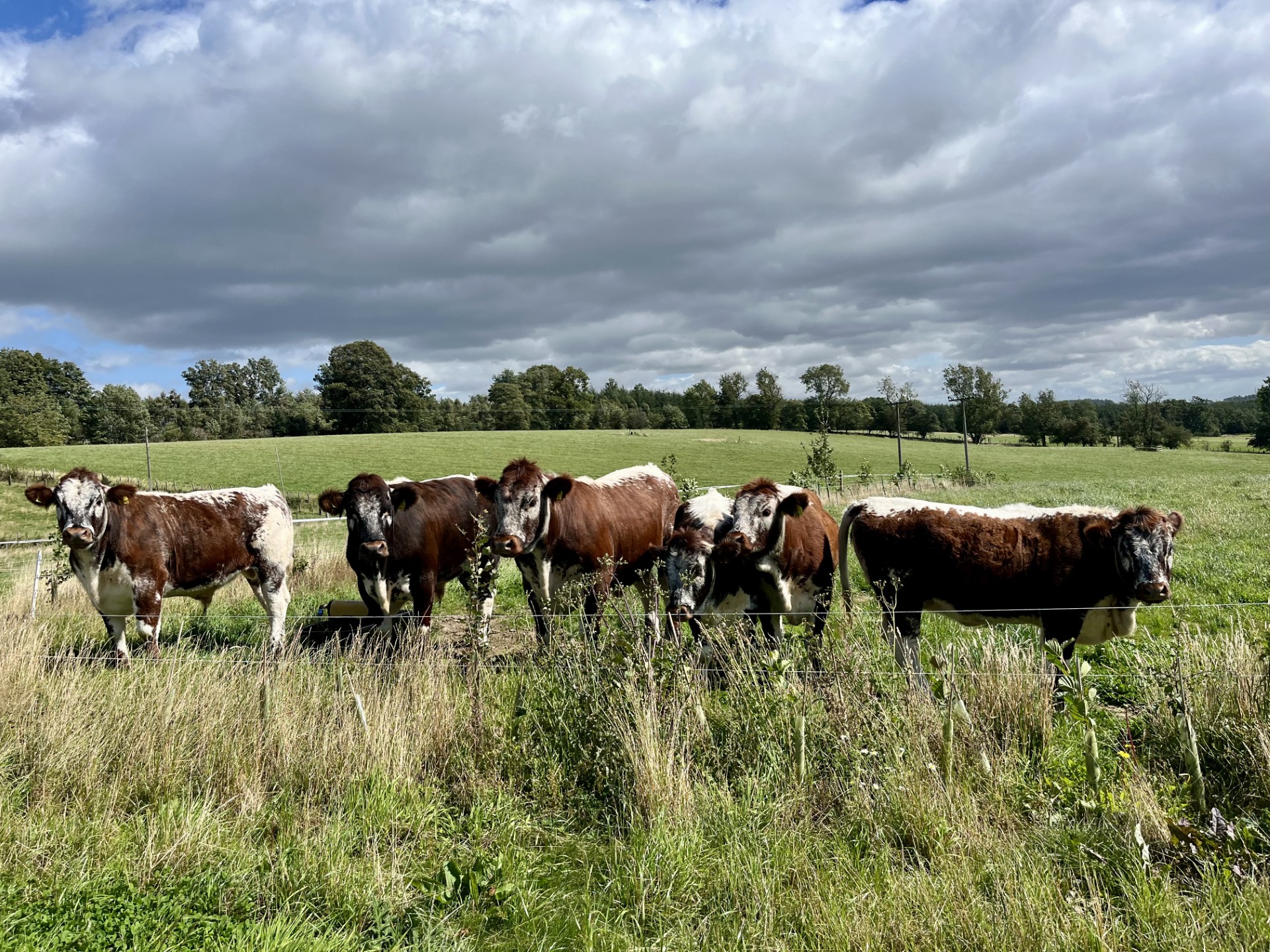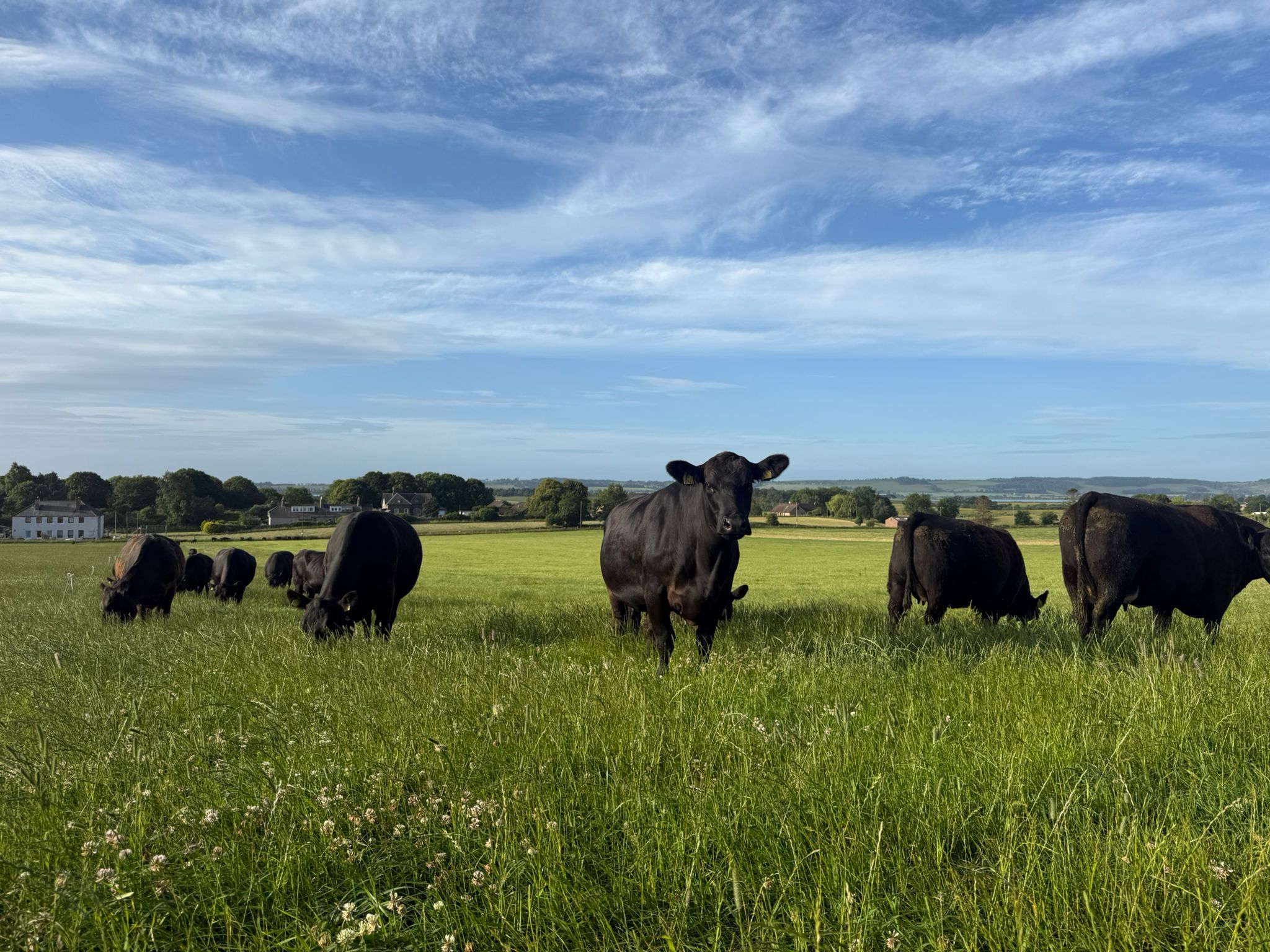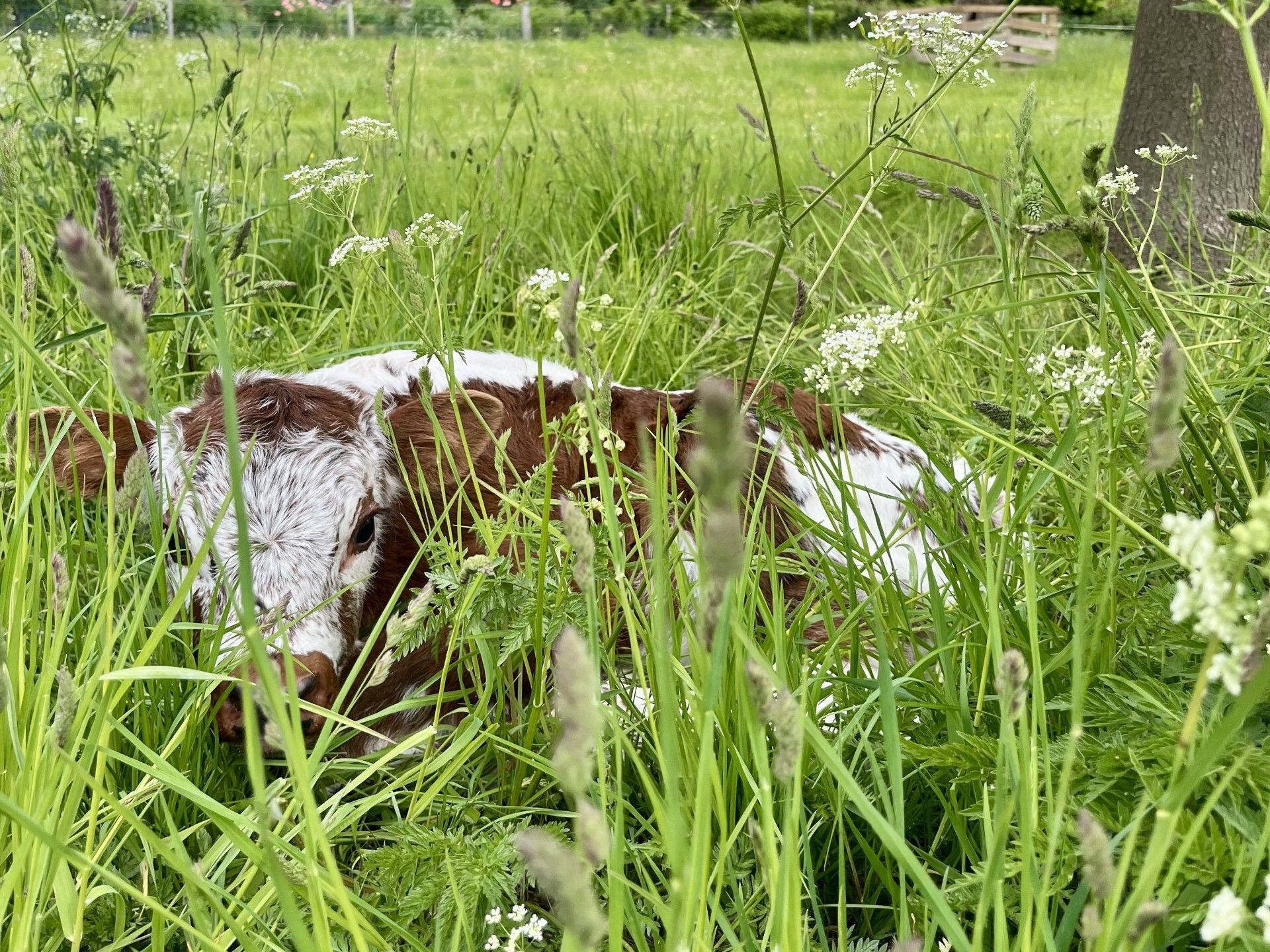Farm Newsletter October 2025
The first of the winter storms has come and gone without too much drama and the weather again seems set fair. That said, for many thoughts are now turning to housing for cattle and tupping for sheep. As with all aspects of life a bit of forward planning goes a long way and strategic planning of vaccination, worm and fluke treatment if required are vital to protect health through the winter to come. See below for a short piece on using a new tool when it comes to fluke control.
We have been busy scanning spring calving cows with broadly encouraging results – especially in one herd where we identified a duff bull at the routine pre-breeding screen who removed him and then went on to scan at 100% in calf.
At the end of last month we thoroughly enjoyed hosting all at our BBQ at Strathmore Rugby Club. Many thanks to all those who came along, it was great to catch up socially and we will definitely try to make this an annual affair. See below for a few pictures from the event.
Acorn Poisoning
With a bumper crop of acorns now falling, it’s worth checking stock grazing near oak trees, as we have seen cases of poisoning this year. Acorns contain tannins that can cause severe kidney and gut damage in cattle and sheep. Cattle are most at risk, though sheep can also be affected.
Typical signs include loss of appetite, constipation followed by dark or bloody scour, dullness, and signs of abdominal pain. Affected animals may pass little or no urine as kidney failure develops. Unfortunately, treatment is often unsuccessful once signs appear.
Prevention is key:
- Fence off high-risk areas or move stock away from oak trees.
- Offer hay or silage to reduce acorn consumption.
- Check fields regularly during the high-risk period.
If you’re concerned your animals may be eating acorns, please contact the practice for advice.
Getting the timing right for Fluke treatment
With changing weather patterns, getting the timing right for fluke treatment is really important. Treat too early and disease may sting you later on, treat too late and you’re clearly going to get issues. In a dry year like this we can expect fluke to be a later issue than usual, but this will still vary farm to farm. Indeed, in years such as this treatment might not be required at all.
We now have a new tool in our armoury to help us get the timing of treatment right, minimising both disease and unnecessary use of drugs. A new pen-side lateral flow test (just like a Covid test) allows us to identify whether animals have been exposed to fluke or not. The test can be used in cattle or sheep and is best used on first season grazers. The beauty of this test is that it can be carried out by you directly and doesn’t need a vet on farm, saving cost. However, its always best to discuss your results with us to make a plan going forward.
Additionally, we have access to a scheme to allow you cashback when buying certain fluke products or more test kits when purchasing test kits through us.
To discuss the test and exactly how to use it please give us a shout.
Boosting Pneumonia Protection for Wintering Lambs
Into the late autumn and winter months we will usualy see a number of outbreaks of pastuerella deaths in lambs. Often there is a trigger event such as introducing creep feeding, moving onto forage crops or housing.
Even though lambs may have had two shots of Ovivac/Heptavac in the summer, the pneumonia part of this immunity may now be waning and a winter “top up” may be a small cost to pay compared to the loss of several lambs.
It is also worth bearing in mind that a common underlying cause in these cases is an unchecked worm burden, suppressing immunity, so don’t forget to keep checking worm counts through the autumn.









